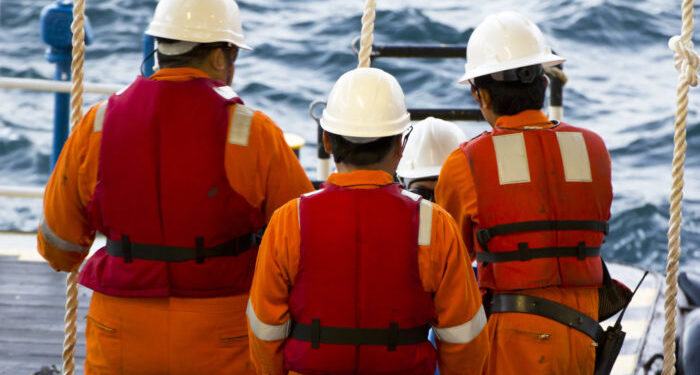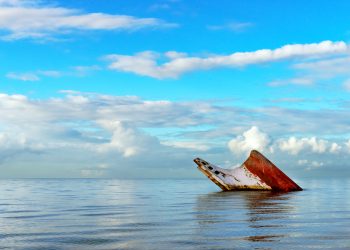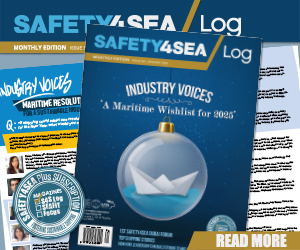InterManager urged maritime stakeholders to contribute to a new campaign to highlight the issue of criminalisation of seafarers.
In a statement, the International Ship Managers’ Association expressed its concern at the increasingly harsh treatment of ships’ crew in some parts of the world and is actively taking part in industry discussions to identify the depth of the problem and to address seafarers’ concerns.
The Association now plans to collate statistics on criminalisation incidents which it plans to share with the International Maritime Organisation (IMO) and other shipping industry stakeholders.
Furthermore, InterManager is asking for other shipping organisations, maritime colleagues, and seafarers to inform it of cases of criminalisation that they are aware of, to ensure that the data the Association collects is as comprehensive as possible.
Captain Kuba Szymanski, Secretary General, InterManager, highlighted that there is a concern within the shipping industry that seafarers are being unfairly detained when authorities find something wrong with their ship, often when drugs are found onboard but also in other circumstances.
Most frequently senior officers are detained, although the whole crew can be, and held without charge for long periods of time and often without any proper legal representation or assistance.
…said Captain Szymanski.
Additionally, InterManager has recently begun compiling figures and these are beginning to shed light on the situation being faced by seafarers. The initiative is at a very early stage of gathering data, however the Association knows of 118 cases of criminalisation but suspects there are many more.
- Senior Officers are most at risk of criminalisation. Statistics collected so far reveal that in 63% of cases the ship’s Master was the one imprisoned.
- Tanker crew represent the most frequent vessel type which arrests occurred on (29%), followed by Bulk Carriers (19%), and General Cargo vessels (14%).
The Association states that examining the current, limited, data between 1989 and 2024 shows that the number of cases has increased, peaking in 2023 at 23 cases, with a further 17 in 2024. Criminalisation occurs across the globe and the cases are most frequent in Asia, with a significant number occurring in both Europe and the Americas.
One notable case in recent years is that of Polish Captain Andrzej Lasota who spent two years in jail without trial in Mexico. He was charged with “negligence in failing to be aware that the ship he commanded may have been carrying prohibitive substances” after 240kgs of cocaine was found buried in his ship’s coal cargo during discharge.
The drugs were discovered by an alert ship’s officer and reported by the Master to the authorities after he had immediately stopped cargo work.
The whole crew was arrested by armed military forces and held for three months, while Capt. Lasota was incarcerated for longer, facing a possible 20 years for drug trafficking. His family campaigned hard for his release, supported by the Cypriot and Polish Governments and maritime organisations such as InterManager.
He was eventually released from a harrowing jail term of 592 days without charge, in poor health, and having lost four stones in weight.
































































